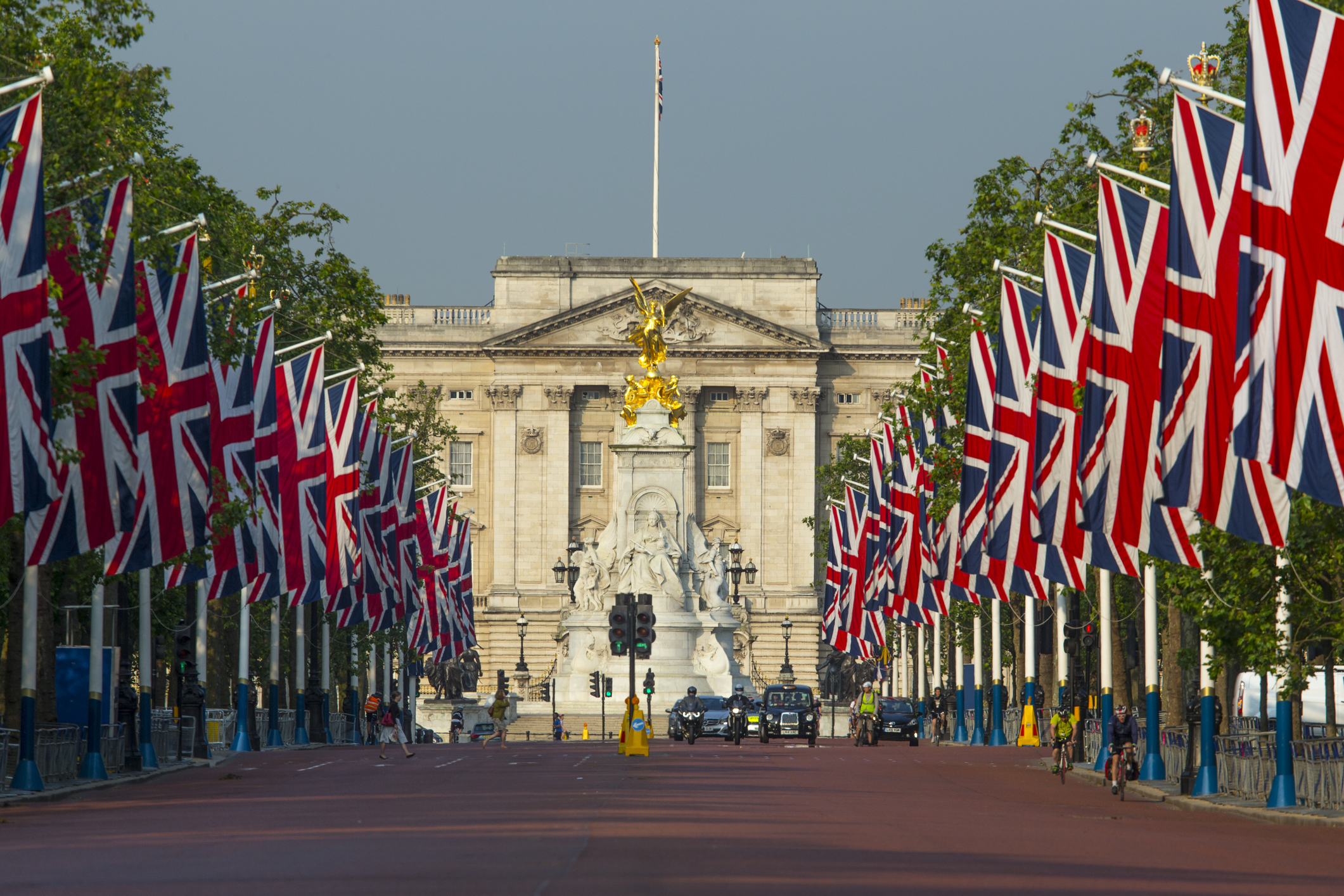‘I hated it at first’: Britain’s top caviar supplier on eggs, royal clientele and the future of Beluga sturgeon
Tom Parker Bowles meets the mother-and-daughter connoisseurs who supply ethically farmed caviar to the Crown.
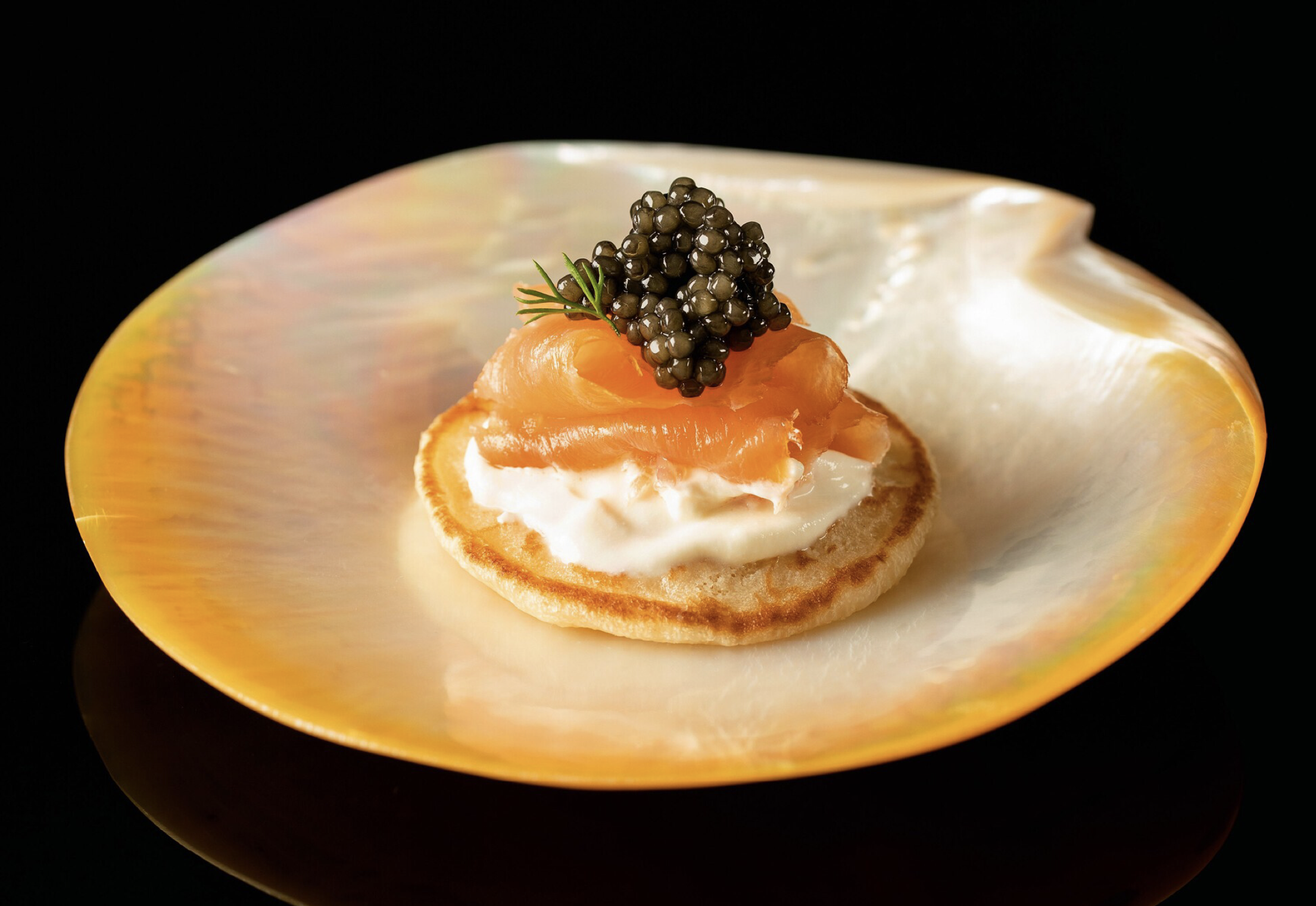

’When I started out, I really didn’t like caviar,’ confesses Laura King with a smile. ‘In fact, I hated the stuff.’ Which wasn’t exactly the ideal start for a career spent selling the most expensive fish eggs on earth. But now, 30 years later, King’s Fine Food is the UK’s largest importer of caviar, with a turnover of nearly £3 million. ‘I must have tried thousands of varieties and have come to love and appreciate caviar. But I still get so excited when trying out new batches.’
It’s a couple of weeks before Christmas and King’s headquarters, on a small, nondescript Twickenham industrial estate, is deep into its busiest time of the year. Every surface is covered with boxes, labels and invoices and in vast fridges, hundreds of different-sized tins — from tiny, two-bite 10g minis, to mighty 1kg monoliths — are piled up, ready to be couriered to the likes of Fortnum & Mason, Harrods, Claridge’s, The Ritz and Scott’s.
‘Everyone mucks in here, from taking pallets to the tip to packing and labelling,’ says Mrs King, clad in a hairnet and white coat, and sitting behind a vast 1.8kg tub of Belgian Oscietra caviar. She’s been decanting the contents into smaller tins and it takes all my resolve not to dive headfirst into that slategrey mass of gloriously gleaming eggs.
For the caviar lover, this place really is Nirvana. But Mrs King seems to read my mind. ‘It’s hard work,’ she notes, ‘and not at all glamorous. There are only 10 of us. And December is the month we make all our money for the year.’
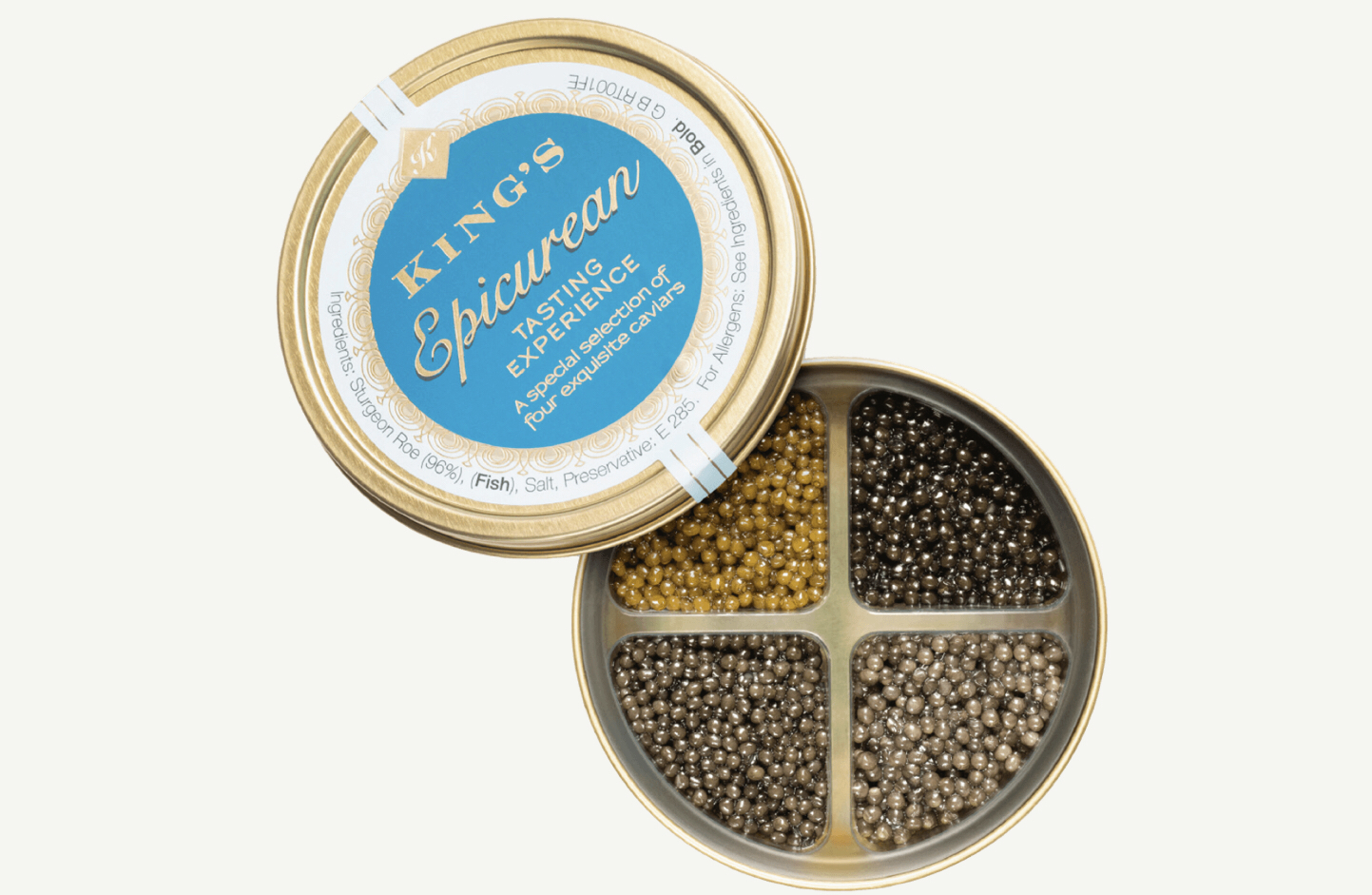
Mrs King started her career as a journalist for The Middlesex Journal. ‘But they told me my writing was turgid and wooden.’ So, after a short time working in public relations, she made the somewhat incongruous move into buying airline spare parts. Which is where she first met a caviar buyer and her interest was piqued. After her employer, Aer Europe, went bust, she heard that W. G. White, one of the oldest caviar companies in the world, needed a sales director. ‘I got the job in 1991 and worked for them for 13 years.’ But, when they were taken over, she decided to strike out on her own. And so, in 2004 — with her daughter, Holly, aged nine, and son, Harry, aged four — she set up King’s Fine Food.
‘It was tough at the start,’ she admits. ‘I had to re-mortgage the house and didn’t pay myself a penny.’ But getting Harrods and Fortnum & Mason as clients early on certainly helped.
She hasn’t looked back since. We’ve now moved from a chilled packing room to a rather warmer boardroom, where we’re surrounded by industry awards, as well as pictures of Mrs King’s late husband, the chef John King. He died of a brain tumour in 2016 and the family set up The John King Brain Tumour Foundation in his memory — 10% of their turnover is donated to the charity.
Sign up for the Country Life Newsletter
Exquisite houses, the beauty of Nature, and how to get the most from your life, straight to your inbox.
Holly King joins us, now aged 28 and sales director. ‘I was never very good at school and didn’t know what I wanted to do.’ After she had worked in various bars, her mother told her she was short of staff. Three months of temporary work at King’s turned into 10 years. ‘I started right at the bottom, getting coffee for everyone, and learnt my way around every part of the company. I’ve worked so hard to prove I have earned this job on merit.’
She still has the occasional ‘tiff’ with her mother, but obviously adores her. ‘I’ve learnt so much from Mum. She’s amazing and knows so much. I love what I do and am eternally fascinated by the product.’ They make a formidable team — warm, charming, but also deeply driven. Her mother is rightly proud of Holly and knows she represents the future of the company. Although the idea of Mrs King ever slowing down is, to those that know her well, somewhat fanciful.
Both, however, agree that quality and integrity is everything. All wild caviar has been illegal, under the CITES treaty, since 2006, so farmed is the only option. ‘We have to be very picky about who supplies us,’ explains Miss King. They source most of their caviar from farms in Belgium and China, as their product has a consistently high quality. They also DNA test every batch, which ‘costs a fortune’, but ensures complete traceability. ‘There’s a lot of rubbish out there,’ cautions Mrs King. Every batch is tasted, as the eggs from each sturgeon, even from the same species, taste slightly different.
As to the future? ‘It’s a very high-end, expensive product,’ observes Miss King, as I get up, somewhat reluctantly, to go. ‘But part of my job is to make it accessible, to educate new generations about the joys of caviar.’
With that, the Kings return to the fish-egg coal face. There are tins to fill and boxes to pack. And the whims and desires of the caviar cravers to sate, satisfy and fulfil.
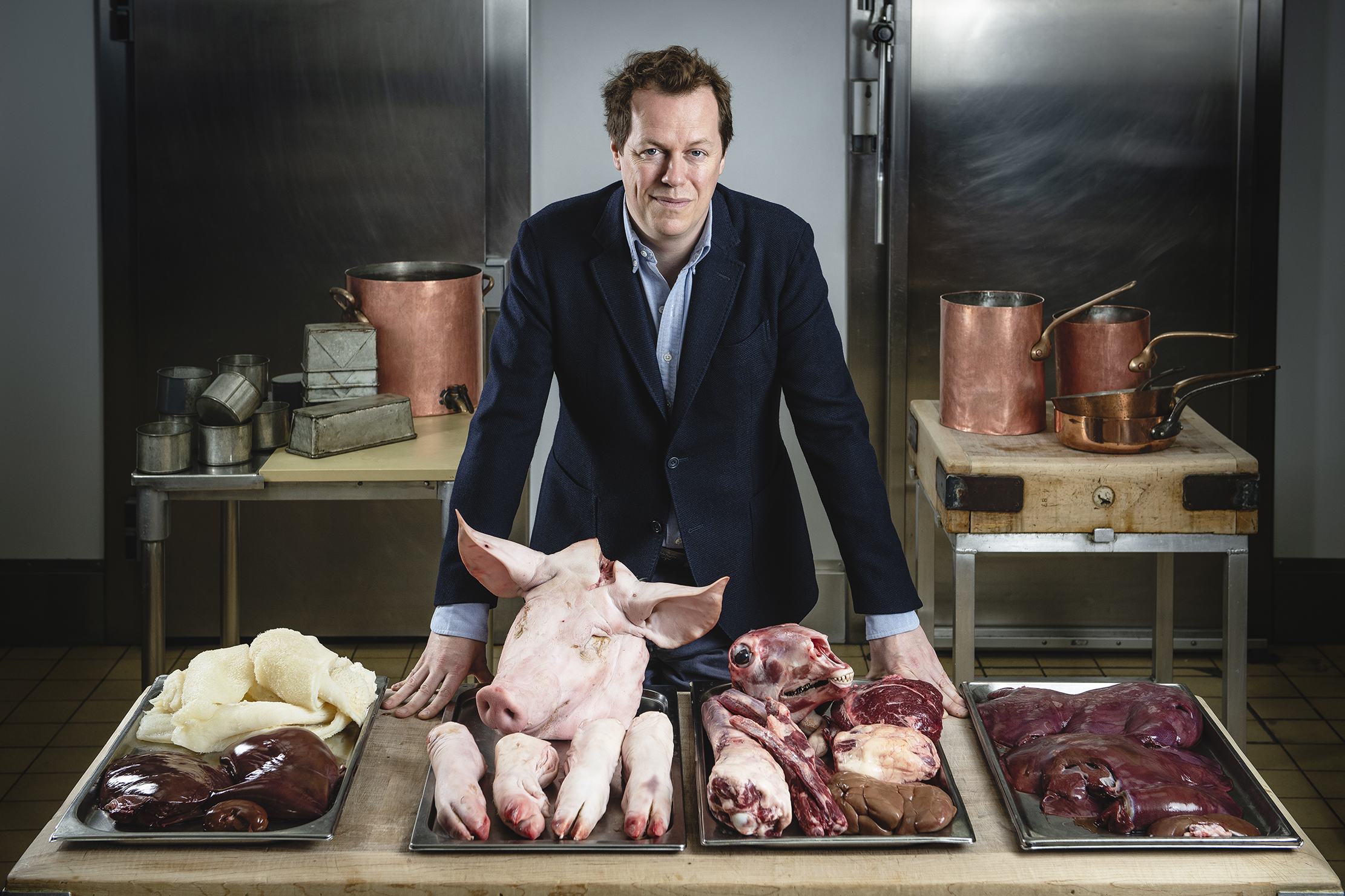
Why you shouldn’t fear eating offal — it's food 'to soothe, comfort and delight'
Sustainable eating means cutting waste — and that means using the whole animal. Yet it’s nothing that should make you
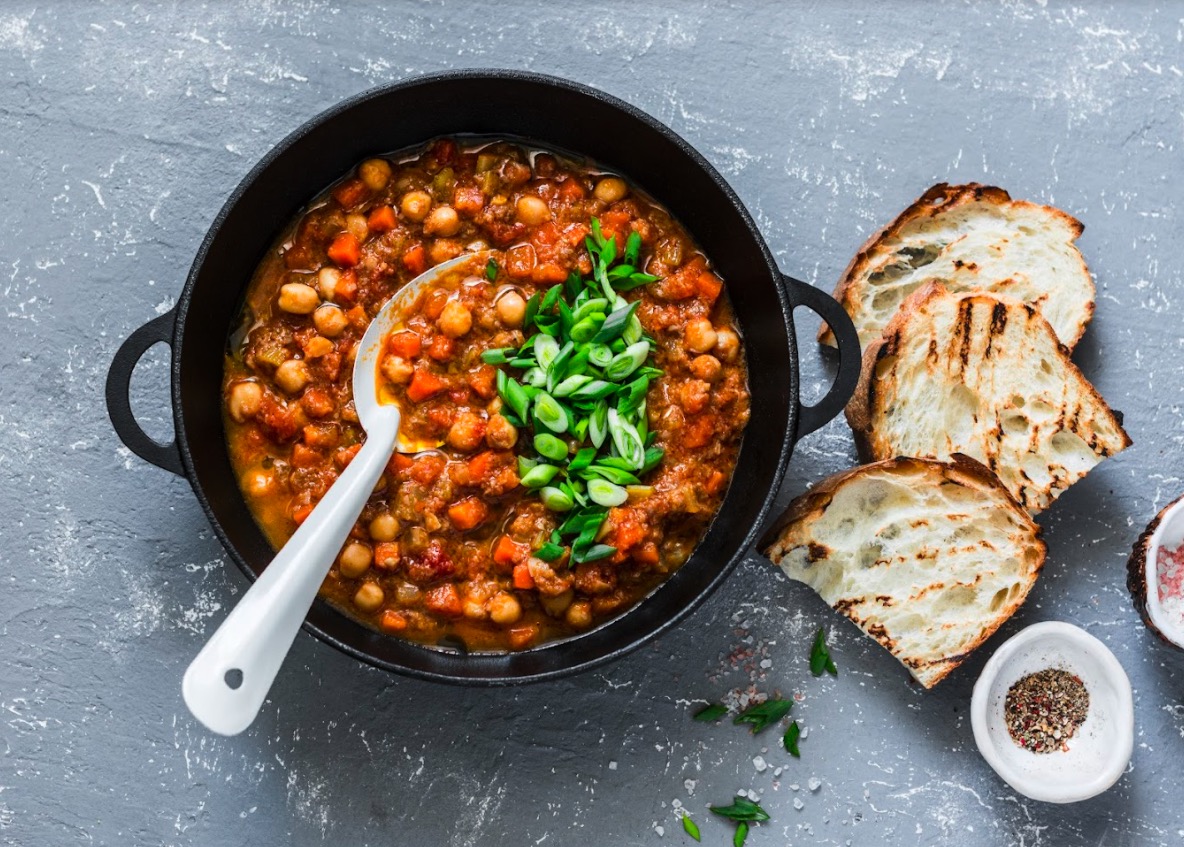
Credit: Getty
How to eat seasonally in March: Tom Parker Bowles shares tips and recipes
Eating seasonally in March is a real treat, as Tom Parker Bowles explains.
Tom Parker Bowles is food writer, critic and regular contributor to Country Life.
